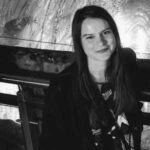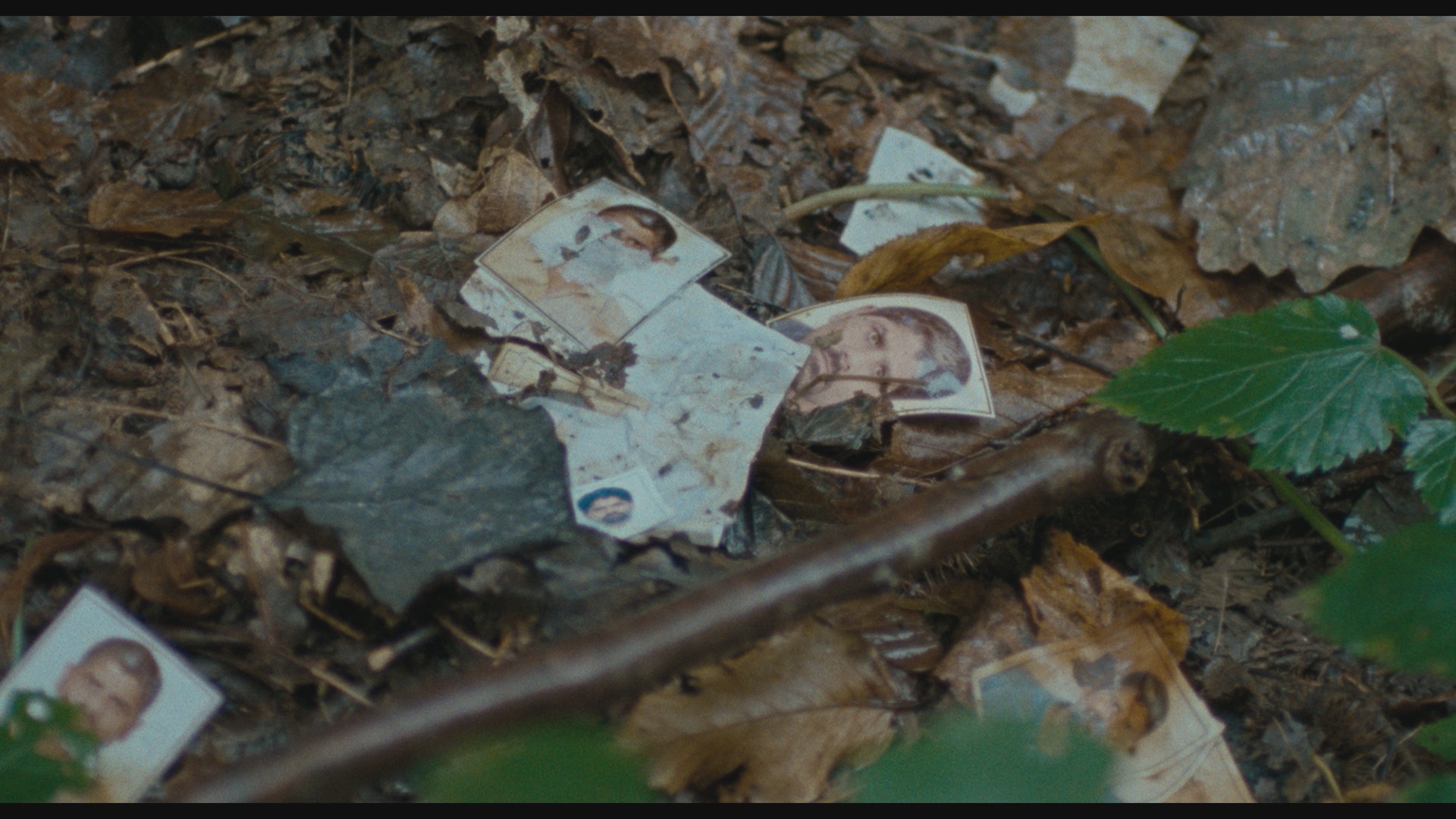The Landscape and the Fury
Landschaft und Wahn
VERDICT: The Balkan landscape is a witness to cycles of time and displacement in Nicole Vögele’s atmospheric, compelling and very human doc, winner of the top prize at Visions du Réel.
“I think this is Bosnia again,” comes an uncertain voice from a group on foot who are grasping for their bearings in the Balkan countryside in The Landscape and the Fury. The documentary had its world premiere in the international feature film competition at Visions du Réel in Nyon, where it won the Grand Jury Prize.
The illegal pushback on migrants trying to cross the Bosnia-Croatia border into the European Union is portrayed, as adults and children attempting to make it across on the Balkan route are forcibly and repeatedly returned. These travellers, vulnerable but driven with the determination of those with few other options, have scant co-ordinates by which to orient themselves in this unfamiliar place, beyond what remote guidance they can glean from contacts via Facebook Messenger. But it is as if the earth remembers them, or at least, bears witness in some way to the struggles that play out upon it. Across the seasons (divided by title-breaks) and variations of weather, between summer heat, looming storm clouds and torrential rainfall, the landscape is captured in stunning wide shots that suggest its immutable presence across time, as the violence and tragedy of human drama comes and goes. Unhurried and contemplative, the film has patience for detail and a broad scope for the cycles of history. This is the same land that saw the Bosnian War of the 1990s, when regional conflict and ethnic cleansing brought suffering, death and displacement — a memory still raw in the minds of locals, and imprinted deep into the terrain.
The Landscape and the Fury is Swiss documentarian Nicole Vögele’s second feature-length documentary, after her debut Closing Time (2018), a sensory meditation on everyday moments in Taipei, which was awarded a Special Jury Prize at the Locarno Film Festival. The most uneasy scenes of Landscape take place at night, as under inky cover of darkness, the migrants try to cross again, with just a cry here or panicked rustle there to alert us to their activities, while an unobtrusive but quietly ominous and beautifully atmospheric soundtrack by Alva Noto raises the tension. In the sunlight of day, they gather what banknotes they have to buy provisions from the local store. Local Bosnian families we encounter along with them are sympathetic, their memories triggered by these refugees from Afghanistan, Syria and other nations in crisis, of war times when they were also moving around, sleeping outdoors, and never knowing whether they were safe. Numerous migrant recountings of violent mistreatment at the hands of the Croatian police, known to confiscate or rip up money, break phones and beat migrants during the illegal deportations, prod the scars of discrimination and ethnic hatred that haunt the population. Children on the route play the game “migrant and police” together in their downtime, to their parents’ consternation; an unmistakable sign their experiences will linger, and take time to process.
The farmland and forest retain traces of those who have passed through, the camera honing in on debris such as dropped passport photos, a shoe sole and a Nokia phone. These are just the more recent indications of strife. White gravestones jut up from the hill, marking the resting place of the dead; a red sign with a skull warns of the many land mines that remain to be cleared since the ‘90s; a rusted guard tower stands as a ghostly relic of militarised danger. There are also items of compassion and hope: the inflatable swimming pool that one family is gifted by Samir, a local who assists them as they camp out in an empty schoolroom, offers brief restful respite, and a treasured memory, recalled later in a Facetime chat. Small moments of empathy such as these infuse deep care into a film that might otherwise have seemed overly conceptual. Instead, emotions, objects and the earth enter into a kind of dialogue, in a reflection on the interconnected and eternally repeating state of humans between belonging and being lost.
Director, screenwriter: Nicole Vögele
Producers: Adrian Blaser, Aline Schmid
Director of photography: Stefan Sick
Editing: Hannes Bruun
Music: Alva Noto
Sound design: Jean-Pierre Gerth, Jonathan Schorr
Production company, sales: Beauvoir Films (Switzerland)
In Bosnian, Farsi, Dari, Kurdish
Venue: Visions du Reel (International Feature Film Competition)
138 minutes


